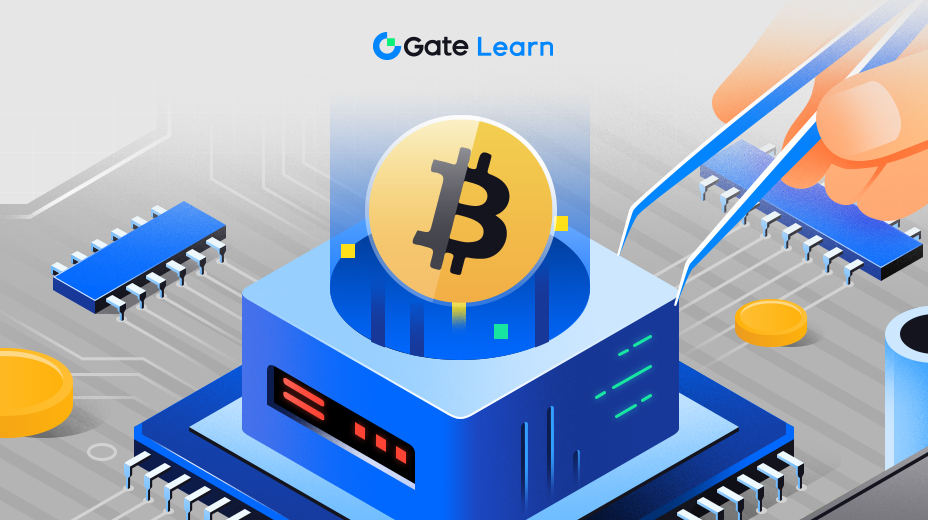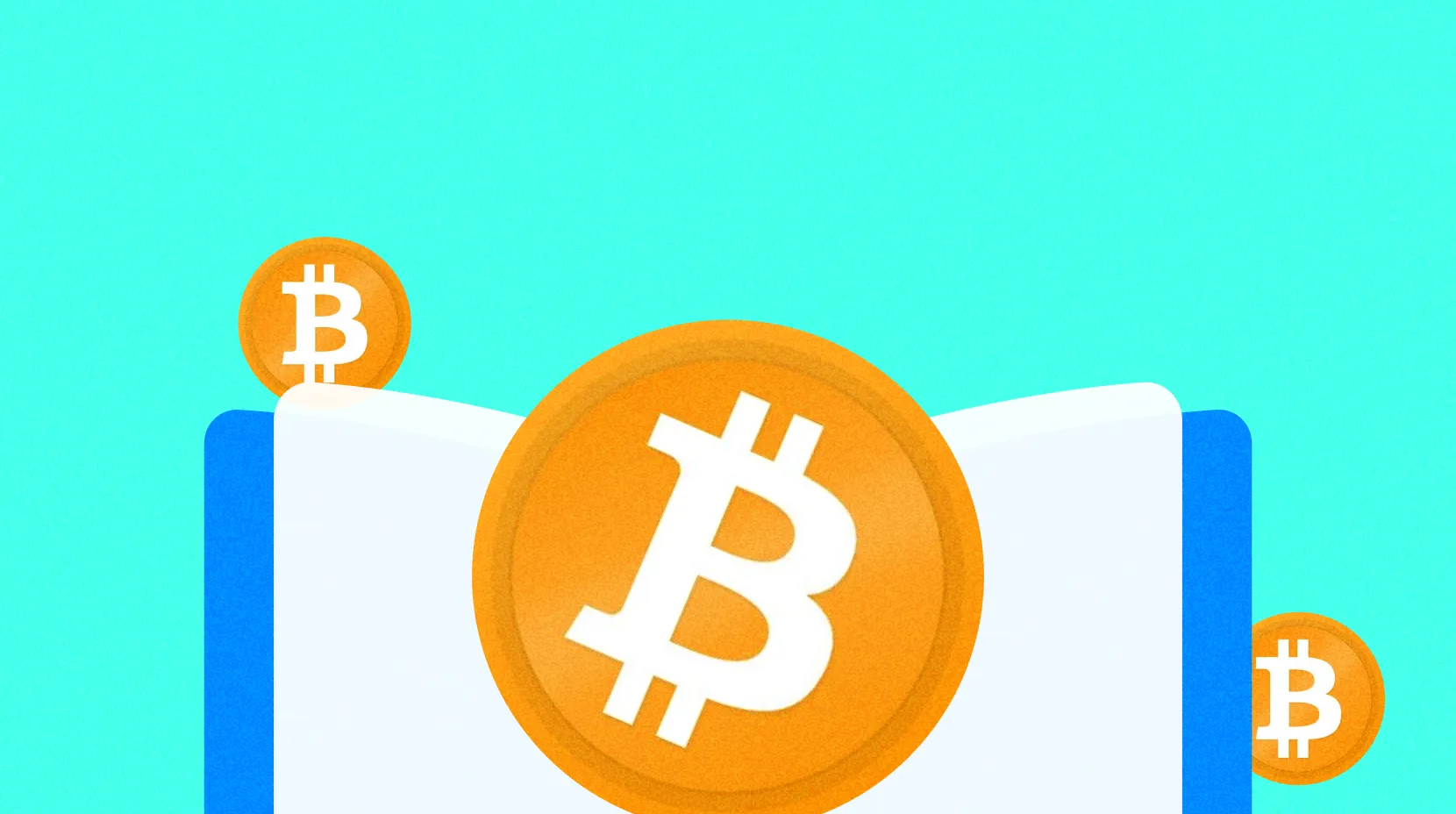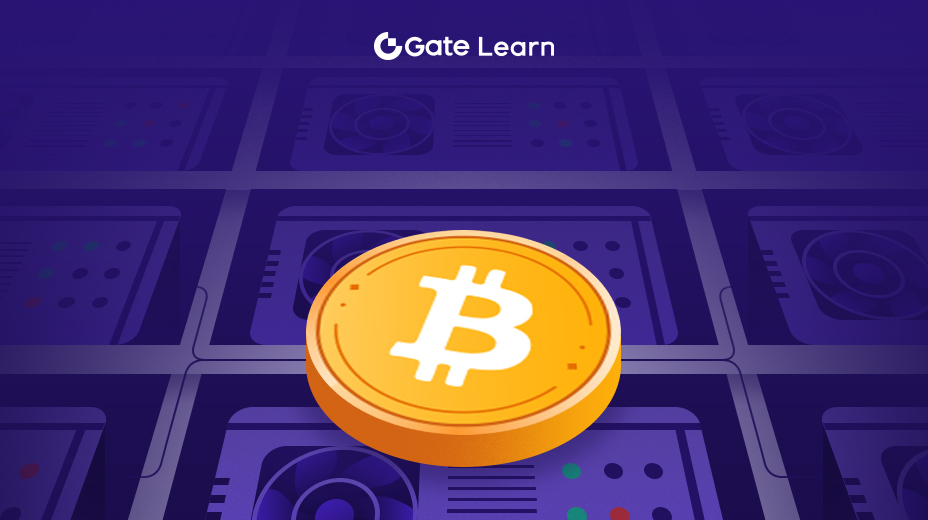Экономические, технологические и этические последствия децентрализованного ИИ
Влияние DAI выходит за рамки экономики, технологий и этики, принося как пользу, так и проблемы. По мере того, как мы продвигаемся в продвинутые сферы децентрализованного ИИ, очень важно понимать более широкие последствия этой технологии для нашего общества, экономики и этических аспектов.
Экономическое влияние и технологические достижения в децентрализованном искусственном интеллекте
Децентрализованный ИИ - это революционная сила, преобразующая экономический ландшафт, а не просто технологическое чудо. Децентрализованная структура этой технологии обещает демократичный доступ к ресурсам ИИ, стимулируя инновации и снижая стартовые барьеры для стартапов и индивидуальных разработчиков.
- Экономическая демократизация: Традиционные модели ИИ часто требуют больших капиталовложений, что выгодно крупным компаниям. Децентрализованный искусственный интеллект выравнивает игровое поле, позволяя даже мелким игрокам вносить свой вклад в развитие ИИ и извлекать из него пользу.
- Распространение технологий: С объединением блокчейна и искусственного интеллекта ускоряется создание прозрачных, защищенных от взлома и автономных решений. Эта конвергенция стимулирует инновации в самых разных отраслях - от финансов до здравоохранения.
Роль криптовалют в стимулировании данных и сотрудничества в экосистеме
Криптовалюты, благодаря своей децентрализованной природе, играют ключевую роль в экосистеме децентрализованного ИИ. Они служат стимулом для поставщиков данных, инструкторов по моделированию и других участников, обеспечивая активное участие и сотрудничество.
- Токенизированные поощрения: Платформы, подобные Ocean Protocol, используют вознаграждения на основе токенов, чтобы стимулировать обмен данными и сотрудничество. Такие механизмы гарантируют, что вкладчики получат справедливую компенсацию за свой вклад.
- Стимулирование развития: ИИ-токены, в отличие от обычных криптовалют, ориентированы на полезность, что способствует развитию новых моделей и приложений ИИ. Они выступают и как вознаграждение, и как средство обмена в экосистеме децентрализованного ИИ.
Доверие, этические нормы и решение проблемы предвзятости в децентрализованном ИИ
Доверие - краеугольный камень любой системы искусственного интеллекта. Чтобы ИИ стал по-настоящему преобразующим, он должен быть надежным. Децентрализованный ИИ с его прозрачной и проверяемой природой многообещающ, но не без проблем.
- Решение проблемы предвзятости ИИ: Одна из основных проблем, связанных с децентрализованным ИИ, - это возможность предвзятости. Хотя ИИ часто хвалят за его объективность, он беспристрастен лишь настолько, насколько беспристрастны данные, на которых он обучается. Децентрализованные системы ИИ должны включать в себя механизмы для обнаружения и исправления предубеждений.
- Этические соображения: Децентрализованные системы ИИ, будучи автономными, поднимают этические вопросы. Кто несет ответственность, если ИИ принимает неправильное решение? Как обеспечить, чтобы ИИ уважал индивидуальные права и общественные нормы? Эти вопросы сообщество децентрализованного ИИ должно решать по мере развития технологии.
- Создание доверия: Чтобы децентрализованный ИИ получил широкое признание, он должен быть прозрачным, объяснимым и поддающимся проверке. Пользователи должны верить, что ИИ принимает решения по правильным причинам и что на него не влияют скрытые планы или злоумышленники.





